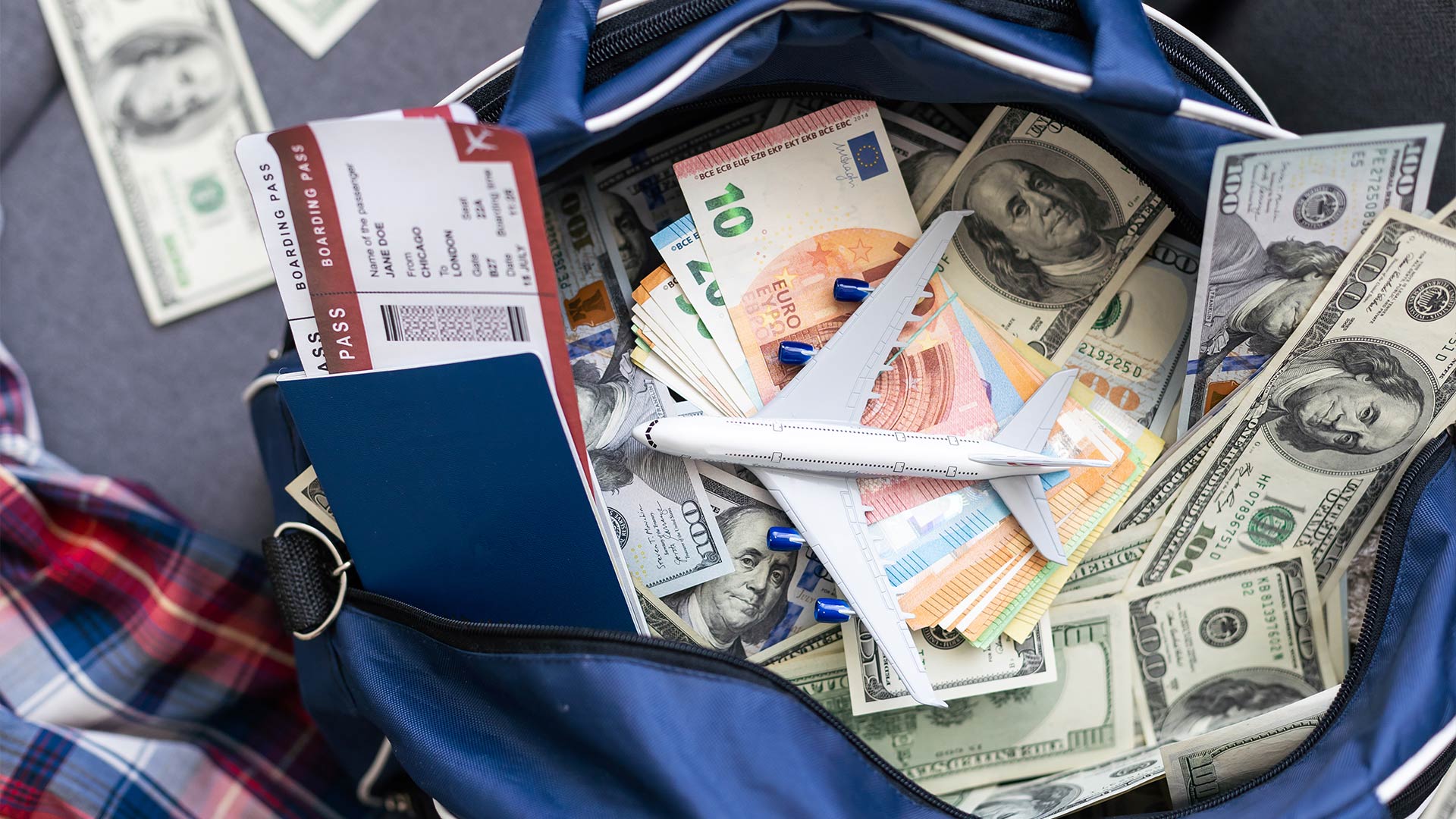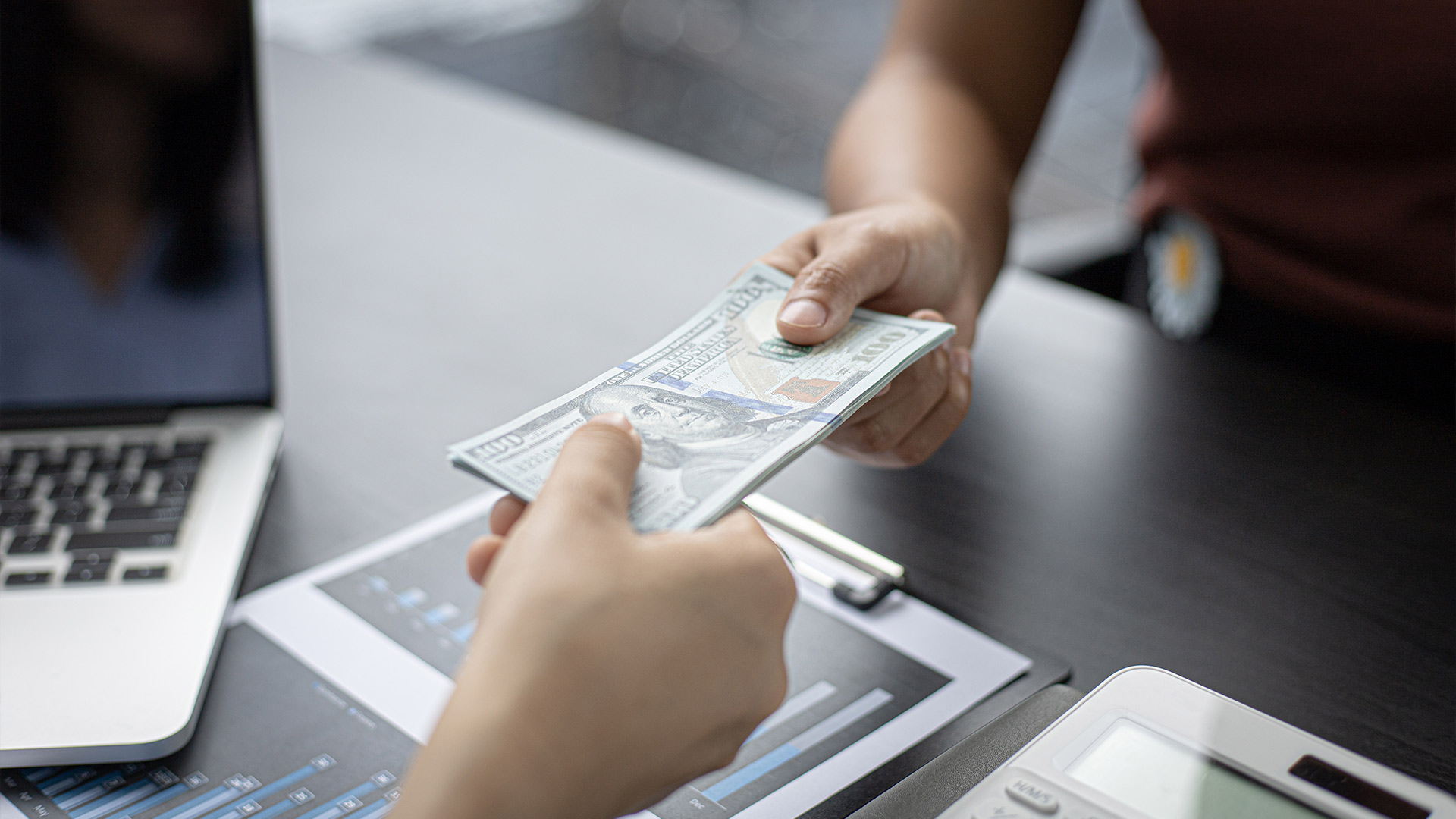Is It Safe to Use Alipay & WeChat Pay Abroad? Where It Works
With China's mobile payment dominance, Alipay and WeChat Pay have become the go-to apps for millions of users. As more Chinese tourists and overseas students travel internationally, a common question arises: Can you safely use Alipay and WeChat Pay abroad, and where exactly do they work?
This guide breaks down where these platforms are accepted, how they work outside China, and what safety precautions users should take. Whether you're a traveler, student, or expat, here’s everything you need to know.
1. Alipay & WeChat Pay: How They Work Internationally
Both Alipay (by Ant Group) and WeChat Pay (by Tencent) have expanded internationally through partnerships with foreign payment processors. Outside of mainland China, these apps work in two main ways:
A. Tourist Mode (Overseas Wallets for Visitors to China)
- Foreigners visiting China can now link international credit/debit cards (Visa, Mastercard, etc.) to these apps.
- Ideal for short-term visitors to China, but not directly useful abroad.
B. Cross-Border Payment Support (For Chinese Users Abroad)
- Chinese users with Chinese bank cards can use Alipay and WeChat Pay in select countries.
- These apps cooperate with local merchants and payment gateways like Stripe, WorldFirst, or Adyen to process international transactions.
2. Where Are Alipay and WeChat Pay Accepted?
Asia
- Hong Kong, Macau, and Taiwan: Broad acceptance, especially in retail, transport, and restaurants.
- Japan: Widely accepted in department stores, convenience stores (e.g., 7-Eleven, Lawson), drugstores, and airports.
- South Korea: Supported at duty-free shops, tourist areas, and major retailers.
- Thailand: Accepted in tourist areas, malls, and by Grab (ride-hailing).
- Singapore and Malaysia: Available in supermarkets, tourist destinations, and transportation hubs.
Europe
- United Kingdom: Available in luxury boutiques, Harrods, Heathrow Airport, and Chinatown businesses.
- France: Accepted in Galeries Lafayette, duty-free shops, and select Parisian outlets.
- Italy, Germany, Switzerland: Limited to tourist-heavy zones and premium outlets.
North America
- United States: Accepted at select merchants in New York, San Francisco, and Los Angeles, especially in Chinese communities and luxury stores.
- Canada: Found in some tourist-friendly businesses and Chinatown districts.
Oceania
- Australia and New Zealand: Available in airports, duty-free shops, and stores that cater to Chinese tourists or students.
Middle East
- United Arab Emirates (UAE): Increasing adoption in Dubai’s shopping malls and airports.
Note: Acceptance is usually focused in urban areas or tourist zones. Always look for the Alipay/WeChat Pay logo at checkout.
3. Safety and Security: Is It Safe to Use Abroad?
Both platforms implement robust security standards, but users should still be cautious when using them internationally.
Security Features
- Biometric verification: Fingerprint or facial recognition required for most transactions.
- Two-factor authentication: Verification via app + SMS.
- Transaction monitoring: Real-time alerts and freeze options for suspicious activity.
Safe Use Tips
- Avoid public Wi-Fi when making payments.
- Keep your device OS updated and install app updates.
- Use strong passwords and enable biometric security.
- Do not share payment QR codes publicly.
- Check transaction details before confirming, especially currency and amount.
4. Limitations of Using Alipay/WeChat Pay Overseas
A. Linked Card Restrictions
- International cards are often not supported for cross-border payments.
- You typically need a Chinese bank account or UnionPay card for full access abroad.
B. Currency Issues
- Currency conversion fees may apply when used internationally.
- Always check if you're being charged in local currency or RMB.
C. Limited Refund Options
- Refunds for overseas transactions can be slow or complicated.
- Ensure you’re clear on refund policies when using the apps abroad.
D. App Interface Localization
- International versions may have limited language support or fewer features.
- In some countries, full integration is only available via merchant QR scanning, not user-initiated payment.
5. Alternatives If Not Supported
If Alipay or WeChat Pay isn't accepted, consider these alternatives:
- UnionPay cards: Accepted in most countries where Chinese tourists frequent.
- Digital wallets: Apple Pay, Google Pay, PayPal (better support for global transactions).
- Travel cards: Prepaid debit cards with low FX fees (Revolut, Wise, etc.).
6. Merchant Perspective: Why Some Businesses Accept Them
Businesses abroad accept Alipay/WeChat Pay because:
- Access to Chinese consumers: Particularly tourists and students.
- Higher sales conversion: Customers are more comfortable using familiar platforms.
- Fast settlement and promotions: Alipay/WeChat Pay offer marketing and cashback campaigns for merchants.
Conclusion
Alipay and WeChat Pay are increasingly useful abroad, especially in Asia and major tourist destinations globally. While generally safe to use, users should take basic security precautions and be aware of payment limitations.
If you have a Chinese bank account and stay in urban or tourist-heavy areas, the experience can be nearly seamless. For travelers without a Chinese financial footprint, usage is more restricted, and backup options are essential.
Always double-check local acceptance and understand how your version of the app is configured before relying on it for international payments.


